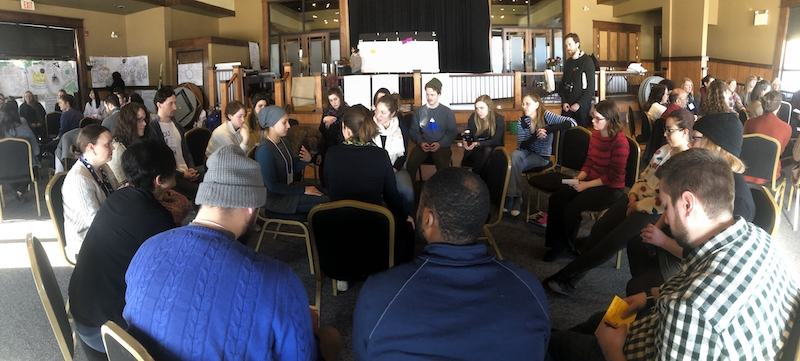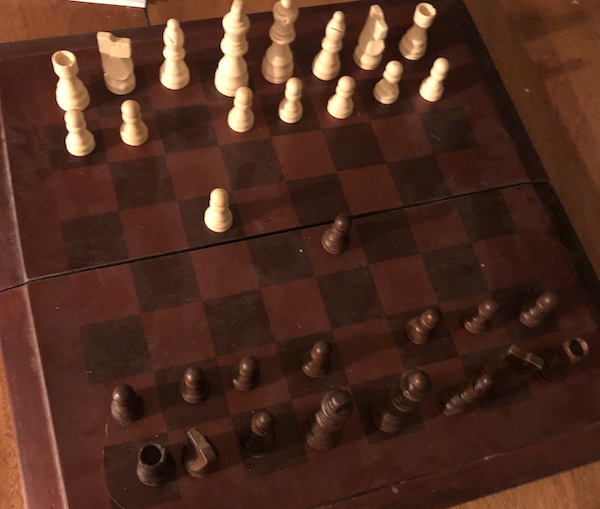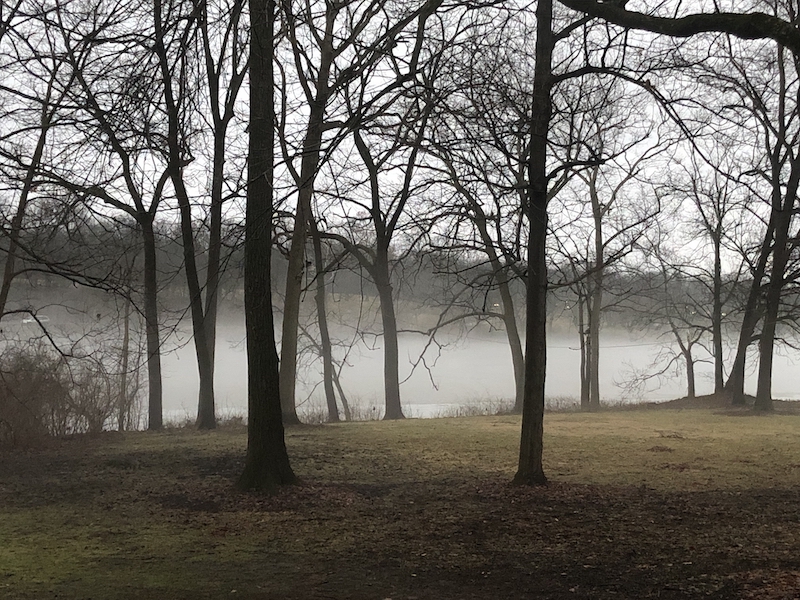
Perhaps I need to curate a series of posts called “The Whatabout Chronicles.” When I’m teaching participatory leadership or sharing complexity tools, folks who are wedded to traditional linear mind and tool sets often raise objections. “Complexity would be nice, but we haven’t got the time. We have to get this problem solved now, and we need a plan to do it.” It’s a hard one because often it’s obvious that the problem is complex and the desire for a linear solution, while urgent-feeling, is just not possible. But if you can’t see it that way, objections get raised. In …

Over the years I’ve noticed a trend in consultative facilitations that goes something like this: a client calls wanting to consult with the community about something. Sometimes this takes the form of a leader wanting to engage employees. The request is usually to design an event where we can hear from people without them being dominated by more powerful voices. At some point the client says something like “we’d like to have our people there as observers or table hosts or mixed in as silent listeners.” Often this looks like elected officials not wanting to dominate citizen meetings, government or …

I’m on the road, currently in Columbus Ohio, working my way through a two week road trip that has taken me to Ontario to visit family and to New Brunswick where I was part of a remarkable hosting team for the Art of Hosting Working Across Divides. It was a timely gathering for 70 people from government, civil society, and social enterprise to come and learn how to work with differences. In Canada’s only bilingual province, language is a massive difference between people, and New Brunswick has a multitude of language cultures. There are 34 local French accents alone in …

